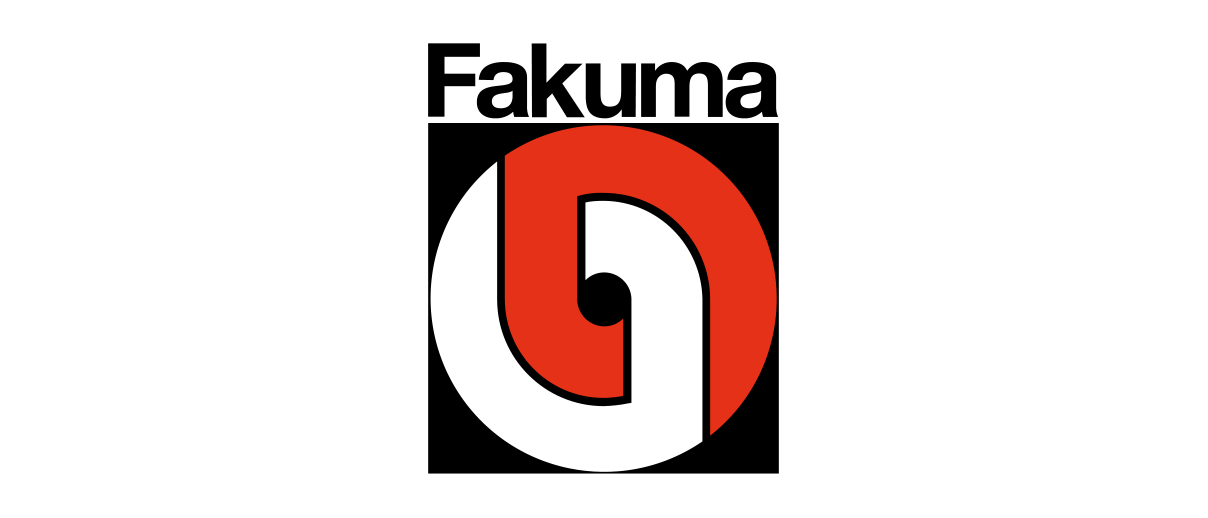Fakuma 2020: Digitization, networking and sustainability

Further development at a gallop: all the big names in plastics processing will meet at the 27th Fakuma – International Trade Fair for Plastics Processing – from 13 to 17 October 2020 in Friedrichshafen. The trade show, which focuses on injection molding, occupies all available hall space at the modern exhibition center on Lake Constance and is becoming even more international.
Fakuma – International Trade Fair for Plastics Processing is the recognized industry and technology barometer when it comes to innovations in injection molding with the associated topics of materials, machines, peripherals, processes and simulation. Fakuma continues to expand this leading position. In 2018, 1,933 exhibitors from 40 nations came to Fakuma in Friedrichshafen, and nearly 48,000 trade visitors from 126 countries took in the industry highlight on Lake Constance. In 2020, the trade show will once again scratch the 2,000 mark and occupy all existing hall space. The trade fair company P. E. Schall GmbH & Co. KG announces a further increase in the internationality of the trade fair.
Visitors to Fakuma will get a comprehensive overview of all plastics technologies: whether injection molding – here Fakuma occupies a leading position worldwide – extrusion technology, thermoforming or 3D printing: users can obtain specific information at Fakuma about all processes, technologies and tools relevant to plastics processing.
Digitization permeates the process chain
The plastics industry is on course for growth, and the success of Fakuma will continue in 2020. There is a good reason for this: Fakuma is a working trade show for seasoned practitioners that is consistently oriented to the plastics processing process chain. Here, exhibitors and trade visitors can discuss concrete, new projects directly with each other at eye level. The topics of digitization, networking, advanced process integration and system solutions for equipment and peripherals have also long since arrived in plastics processing machinery and will continue to move the industry; much of what is still a plan, vision and theory under the heading of digital transformation will be a fact at Fakuma 2020. Therefore, all those interested in the field of plastics processing should already make a note in their calendars today of their visit to the trade fair in the fall of 2020.
Networking among plastics processors is making progress
Products and services in the area of production technology are to be meaningfully interwoven with lT in order to save resources, become more transparent and flexible, and work more efficiently. In the meantime, manufacturers of plastics processing machines have moved significantly in this area and have pushed ahead with the digitalization and networking of their machines. Fakuma 2020 will showcase further developments and benefits for the user.
Circular Economy – the cycle gets going
Plastics currently do not have a good image among the general public; the pollution of the world’s oceans with plastic waste is the subject of the news almost every day. The plastics industry has a real reputation problem. Therefore, factual clarification and a differentiated discussion are required here. For lemonade and mineral water, the most relevant beverage types for PET bottles on the German market, plastic plays a significant role as a packaging material, for example: the one-way deposit has a positive effect here, the recycling cycles are virtually closed, and PET bottles do not contain plasticizers. Due to its comparatively low weight, plastic packaging has a better eco-balance here than glass bottles. More and more plastic must and will be used for sustainability.
The term circular economy has long been established in the plastics industry. It’s no longer a question of “if,” but “how.” The fact that the circular economy has also arrived at K-Maschinenbau was already more visible than ever at Fakuma 2018; at the 2020 trade show, it will advance to the most important topics and be dealt with intensively. Especially since only through dialogues can the achievement of higher recycling rates or the efficiency improvement of waste management be mastered globally. For processors to increasingly use recyclates in the manufacture of plastic products, they need safe material grades in sufficient quantities. However, this can only be obtained if sufficient recyclable plastic waste is collected. For closed loops, all participants in the value chain must work together – this also includes the end consumers. The aim is to work together on all the crucial steps of the cycle, such as the manufacture of the products, the use phase and disposal.